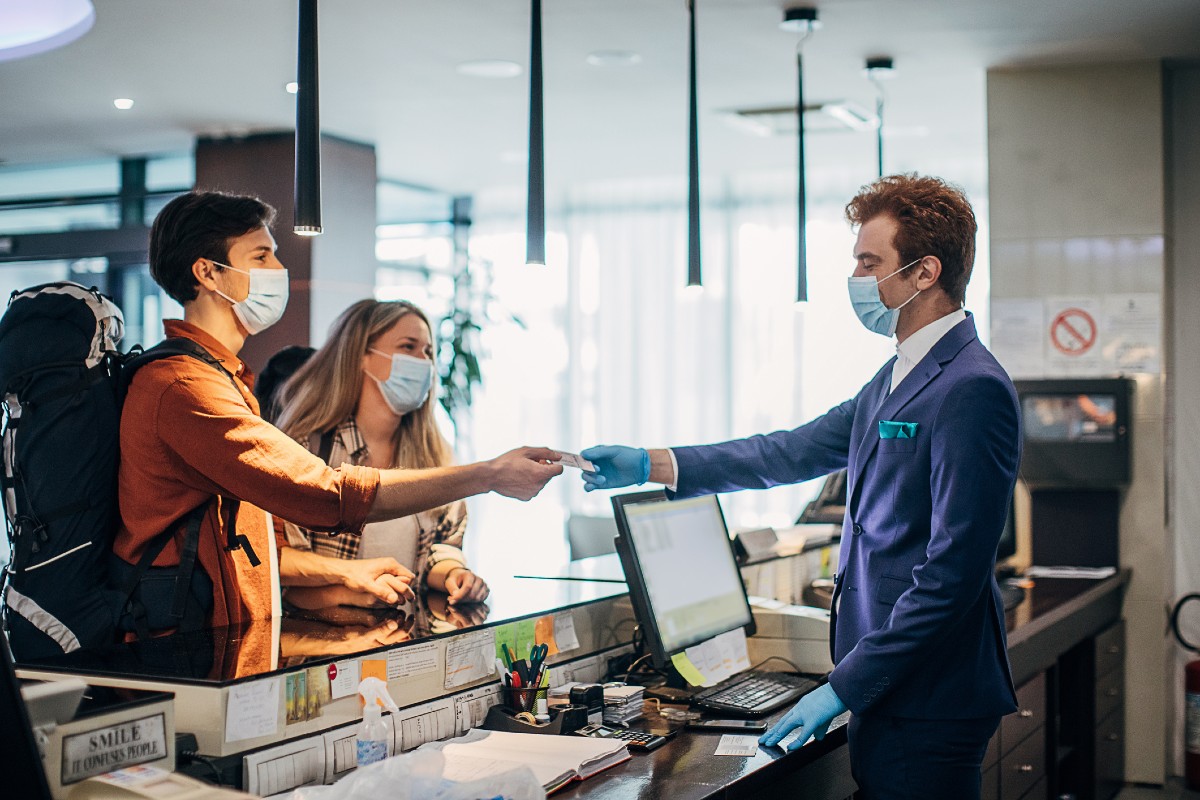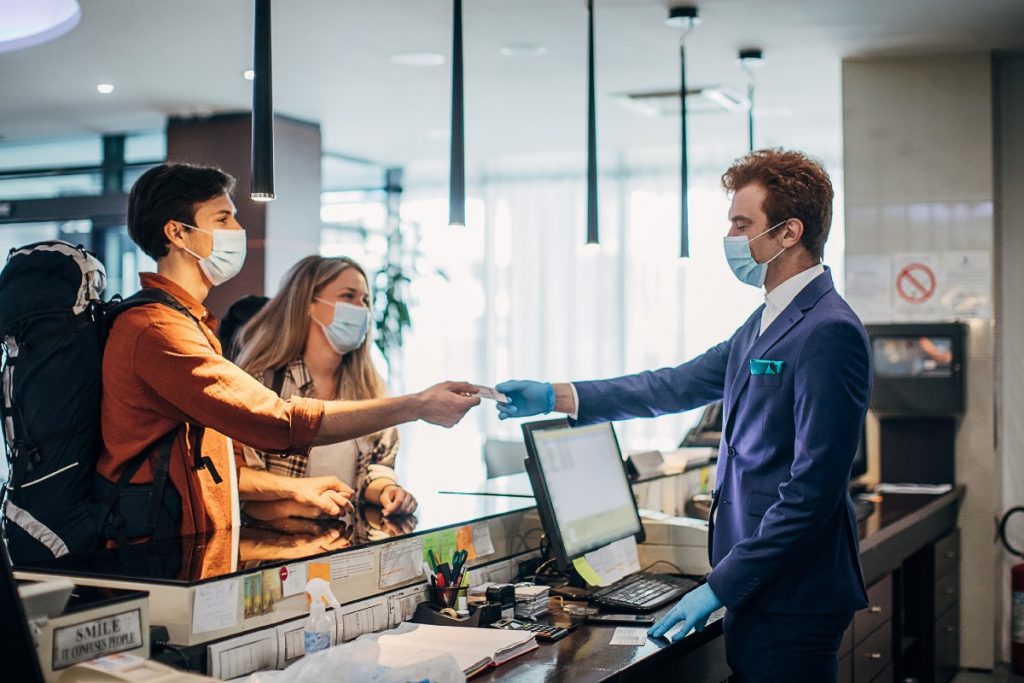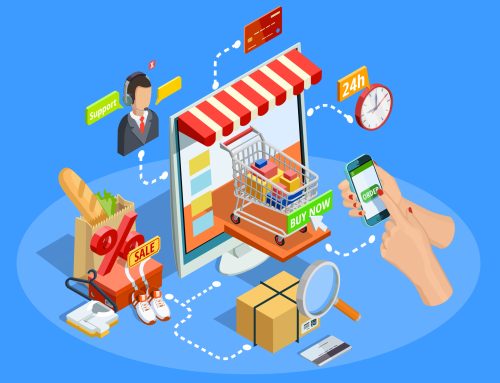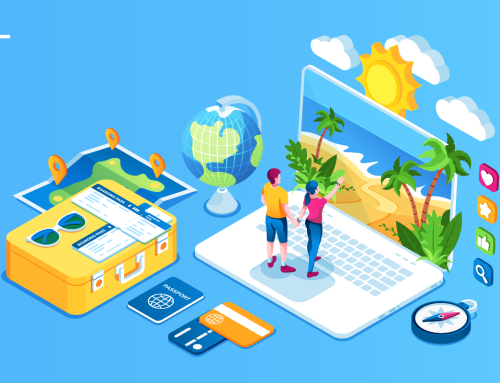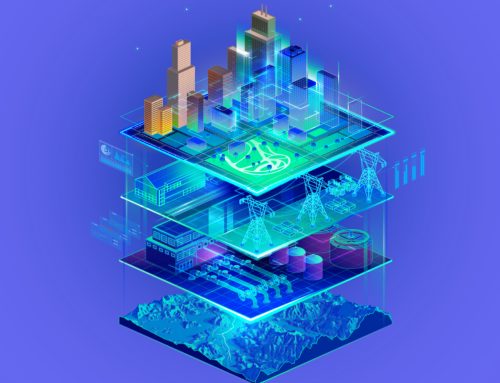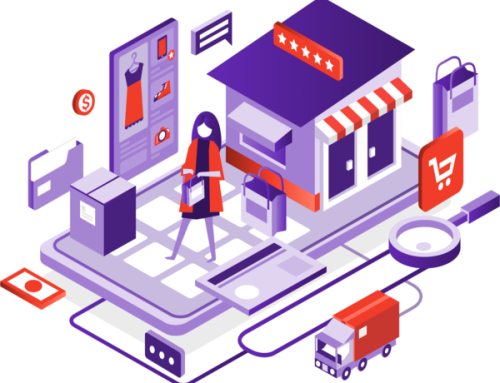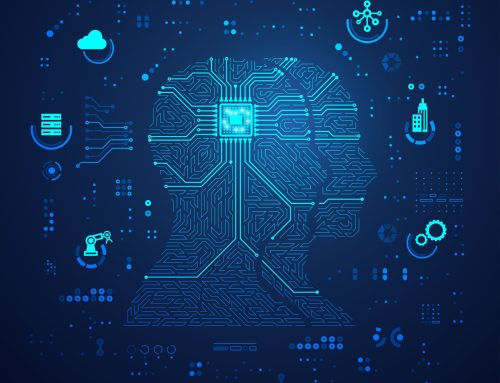COVID-19 has caused even avid travelers to stay home. Quarantines, lockdowns, travel restrictions, and even outright travel bans have slashed hotels’ revenue streams. How can AI help them regain the confidence and revenues?
The COVID pandemic has slammed the hospitality industry. Even though the travel restrictions are easing out in many regions, people are voluntarily curtailing their travel plans out of fear of catching the virus. And while this fear has severely impacted most industries, few have been as hard-hit as the travel and hospitality sector. If any industry needed first aid, the hospitality industry needs it now. What can be done to lessen the trauma?
While it is essential to watch the changing dynamics closely, it is also important to have an eye on the skyline. As the ‘new normal’ is beginning to settle in, travel and hospitality companies must assess their readiness before forging on the path of recovery.
Take Decisive Steps Now
Hospitality companies – who, by and large, were not prepared for such a scenario – have to be resilient and agile going forward. Even more importantly, they have to be flexible, promptly dealing with a slew of unprecedented circumstances. On the plus side, this mindset will help them deal with a similar crisis, should one ever arise. It’s also going to make recovery faster as the COVID impact subsides.
If you haven’t done so already, now’s the time to take decisive action. The following proactive measures are essential:
- Develop and implement flexible cancellation and rebooking policies.
- Adjust loyalty programs to better suit customer needs.
- Remain active and engaging on social media.
- Keep an eye on competitor activities.
- Stay connected to your customers and share how the company is dealing with COVID.
- Take additional measures (e.g. safety/sanitation) to show your sensitivity to customer needs.
Keeping in line with these essential measures, hospitality and travel companies should adopt AI to cope. There are at least six ways which are discussed below.
6 Ways AI Can Propel Post-COVID Recovery for Hospitality Companies
Leveraging AI can help hospitality brands recover more quickly from the coronavirus crisis. How? Let’s consider
- Personalization: AI and its subdiscipline, Natural Language Processing (NLP), can collect and process customer data, analyze it, and create personalized recommendations for customers. AI can also be integrated into hospitality apps, providing on-demand services and connecting guests with vendors via social media. In both cases, a personalized approach is key.
Personalization can be used to improve the customer experience as well. By deeply understanding what appeals to high-value customers, brands position themselves to create a better experience overall. Also, machine learning and text/image analytics can examine information uploaded by customers and use this to create individual recommendations based on their personality, social media activity, and other data; this creates more appealing offers. - Customer Support: We can expect a surge in demand when the current pandemic winds down. This will mean a corresponding surge in customer inquiries, particularly around rebooking and rescheduling. AI-enhanced support systems can help human reps process these more efficiently. Also, as customers revisit their travel history or travel plans, AI can push personalized offers, driving some additional soft sales.
- AI Monitoring and Concierge Services: Investing in increased safety and sanitation looks like it will be a must. One-way hospitality properties can do this is by using AI-powered robotic concierges to handle some customer needs, thus reducing face-to-face time with employees. Another way AI can help is video analytics; if someone with a contagious condition has stayed in the hotel, this can be used to trace their contact points throughout the premises.
- Biometric Check-Ins: Security systems with face and fingerprint recognition are at least a recognized possibility in the hospitality industry. These use biometrics to identify guests, reduce waiting times, and streamline the check-in/check-out process. Services like Aadhaar-enabled Payment System (AePS) can be used to further facilitate touchless payments; we could be heading towards the elimination of keycards as well as cash, e-wallets, and other forms of payment.
- Faster Lead Generation: AI can direct customer queries to a chatbot, which can be set to trigger an automated lead generation process before contacting a human rep to handle the query. This prompt response boosts customer satisfaction and contributes more info to sales lead databases.
- Dynamic Pricing: AI can provide demand forecasts, generate insights into competitor rates and actions, and even examine price sensitivities while incorporating seasonality, special events, stay length, room type, and other factors. This lets hotels maximize room occupancy while delivering appropriate pricing – and thus, maximizing revenue.
Sustaining Success in the Post-COVID Future
Most reports project a slow start for the post-pandemic hospitality industry. Brands will have to identify and cater to trends as they arise – a task made more feasible by using AI to find and forecast trends. Now is the time to build short- and long-term strategies for recovery, setting your company up to provide an exceptional experience to guests and emerge victorious from the most trying period this industry has ever seen.
Related Absolutdata products and services: AI & Data Sciences, NAVIK AI Platform, Marketing Analytics

